Outrank Competitors: Rank Higher with Listing Optimization on Etsy
About the Client Shop Name: CrystalHealStore Marketplace: Etsy Focus: Bohemian & Ayurvedic-Inspired Fashion Location: Global
As the new technologies are taking some fantastic shapes, the mobile world is becoming improbably fascinating.

There are certain standards, based on which you can establish your own path to choose the right app that fits your criteria.
You can make a choice depending on the following components related to the business:
Native App
Here comes an absolute solution for you to choose a best Native App for your business to increase your sales and that is MageNative App.
There are some pros and cons of the Native App listed here in the table below:
Pros |
Cons |
| Best performance and user experience | High development costs |
| Works offline | Requires good development experience |
| Visibility in app stores | Longer production cycle |
| Complete access to device features | Complex maintenance. |
Web App
A web app is actually an interactive website that looks like an app, but are not real applications. It is built upon using HTML5, CSS3, JavaScript, and so on. There is no need to install a web app. The web apps have limited features and require an internet connection to work on.
Pros |
Cons |
| Largest reach | Performance and experience weaker than native |
| Lower development costs | Do not have access to the native functionalities |
| Easy maintenance and upgradation | Do not work offline |
Hybrid App
A hybrid app is a combination of both the native and the web apps. It uses the native technology and also adopts the web technology.

Pros |
Cons |
| Build once, deploy multiple times | Performance and experience weaker than native |
| Lower development costs | Apps require tweaking for each platform |
| Visibility in app stores | |
| Access to all device features | |
| Easy maintenance and upgradation |
Conclusion
Native applications utilize the native language of the device, the web applications utilize the devices browser to display the application and the hybrid applications use a mixture of these two approaches.
To get a clear picture and understanding between the native, the hybrid, and the web apps, refer to the following table:
Native Applications |
Web Applications |
Hybrid Applications |
|
| Access Native language | Yes | No | Yes |
| Accepted in App Stores | Yes | No | Yes |
| Run on Multiple Platforms | No | Yes | Yes |
| Work Offline | Yes | No | Yes |
About MageNative
Established in 2015, MageNative has been heavily involved with customized m-Commerce developments. The company offers a slew of solutions and has a vast, global client base.
Magenative also deals with Magento mobile app, Magento 2 mobile app, Shopify mobile app, WooCommerce mobile app and Delivery App which allows the store owners to create and deploy native mobile applications for Android and iOS smartphones. The company is also working on mobile solutions for more eCommerce platforms namely Opencart, Prestashop, etc.
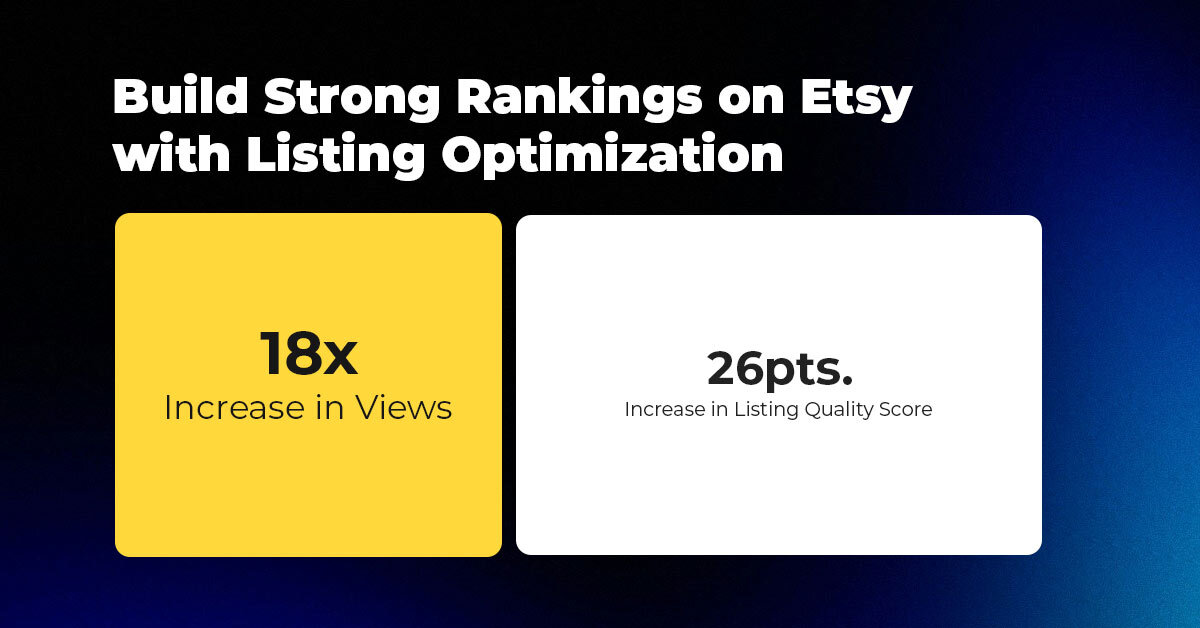
About the Client Shop Name: CrystalHealStore Marketplace: Etsy Focus: Bohemian & Ayurvedic-Inspired Fashion Location: Global
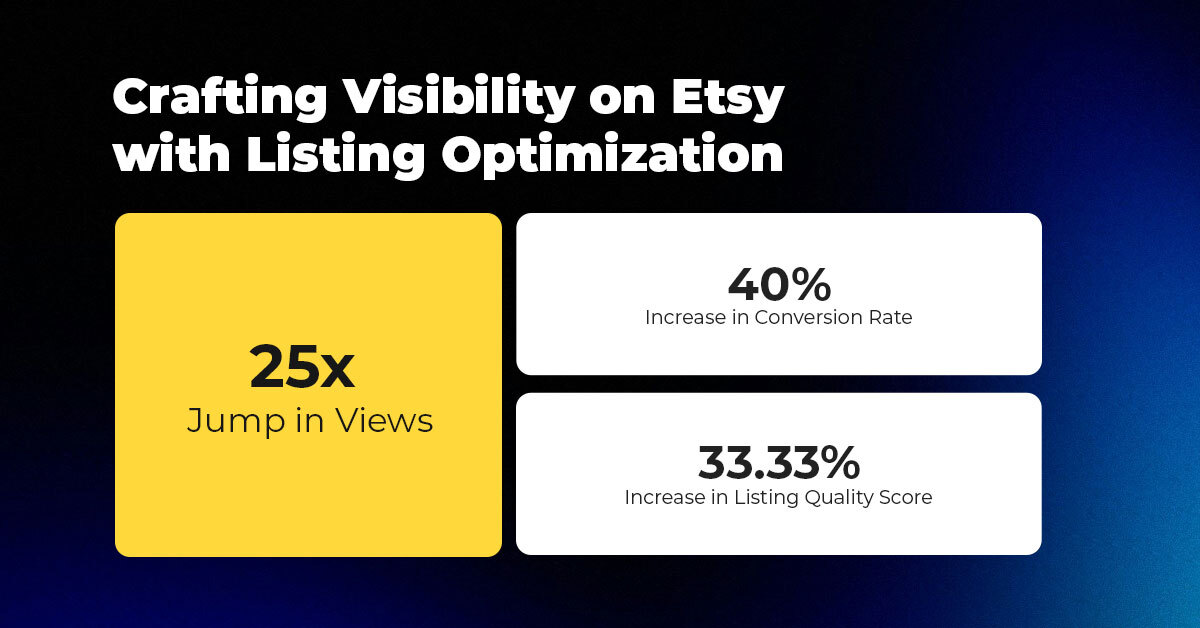
About the Client Shop Name: PinwheelCraftsStore Marketplace: Etsy Focus: DIY Craft Kits for Kids Location:

It just took one Black Friday crash for Gymshark to realize their growth had outpaced
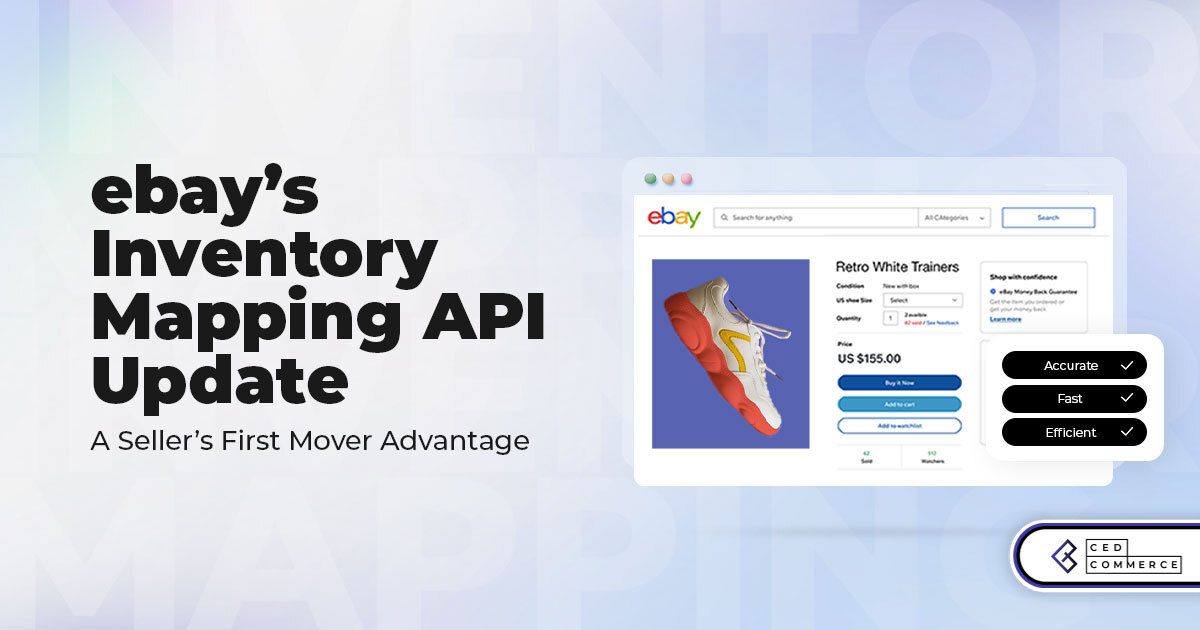
It takes on average 5 to 10 minutes to list a single product on the
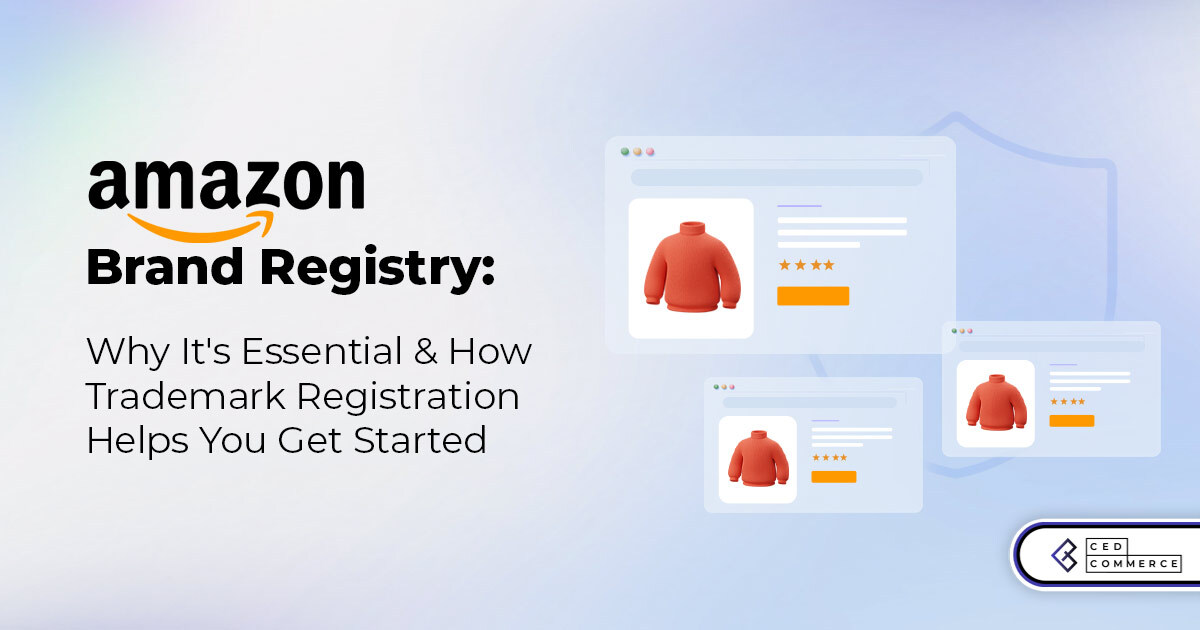
With millions of sellers on Amazon, protecting your brand has never been more important. Counterfeit

TikTok isn’t just setting trends anymore — it’s rewriting the playbook for performance marketing, creative
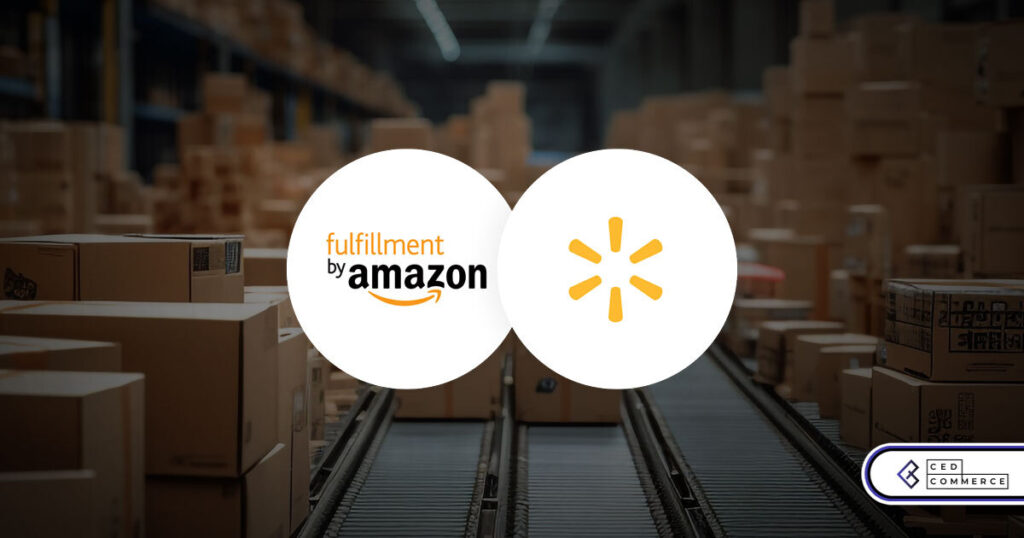
In a significant development for online retailers, Walmart has officially updated its policies to permit
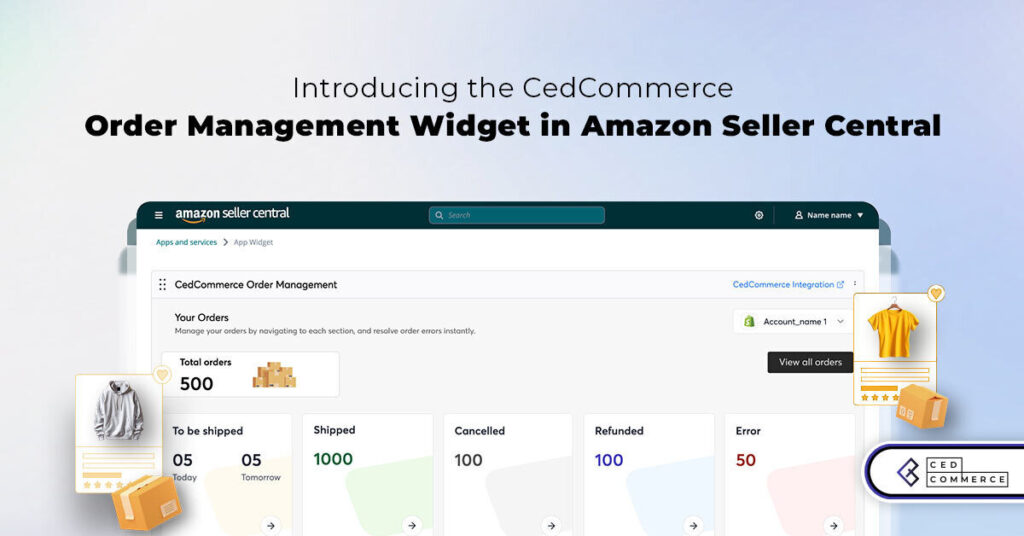
Are you encountering issues with Amazon order management across various sales channels? If so, everyday

A Deep Dive into Selling Smart on TikTok Shop UK, TikTok Shop US, and TikTok
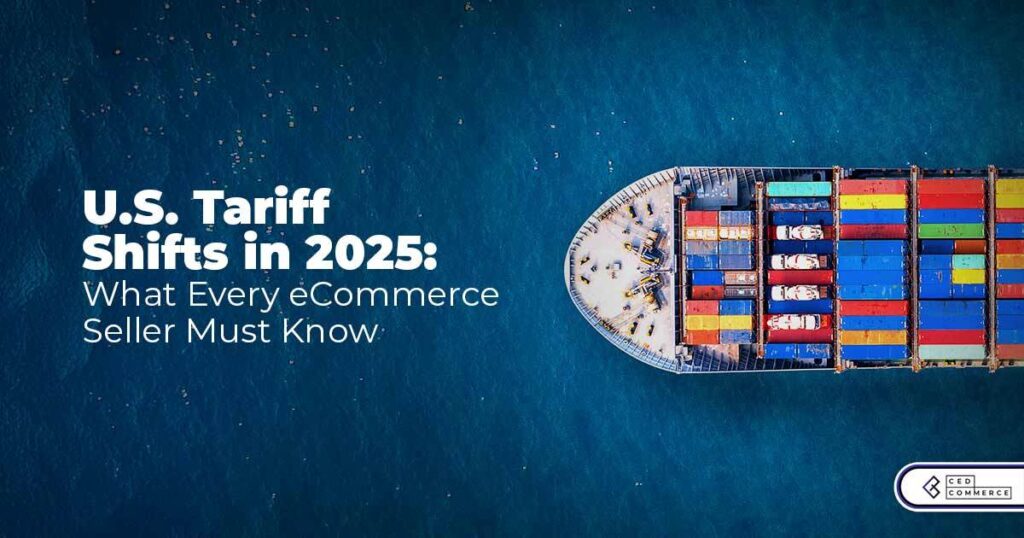
In a world where cross-border commerce fuels eCommerce growth, tariffs are no longer just policy
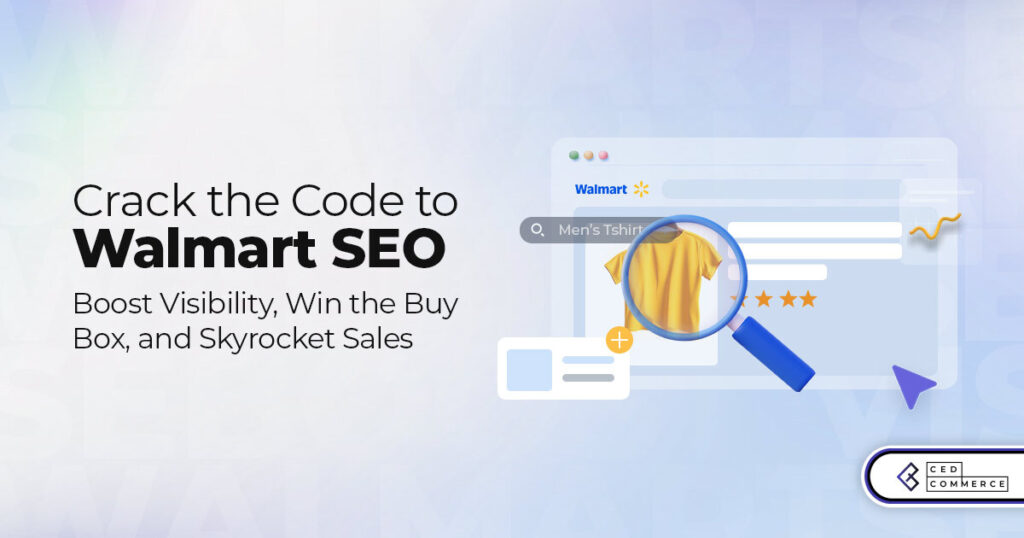
In the world of eCommerce, visibility is everything—and Walmart Marketplace is no exception. With thousands
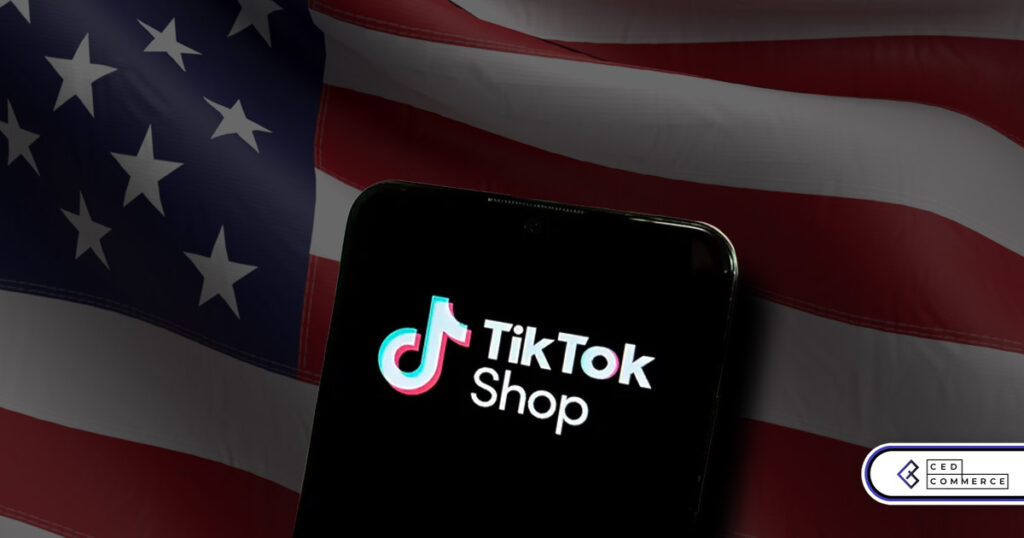
In what comes as a major relief for TikTok and its millions of users in

In a move aimed at enhancing product quality and boosting buyer confidence, TikTok Shop has

Selling on Amazon offers immense opportunities, but one of the most crucial decisions sellers face
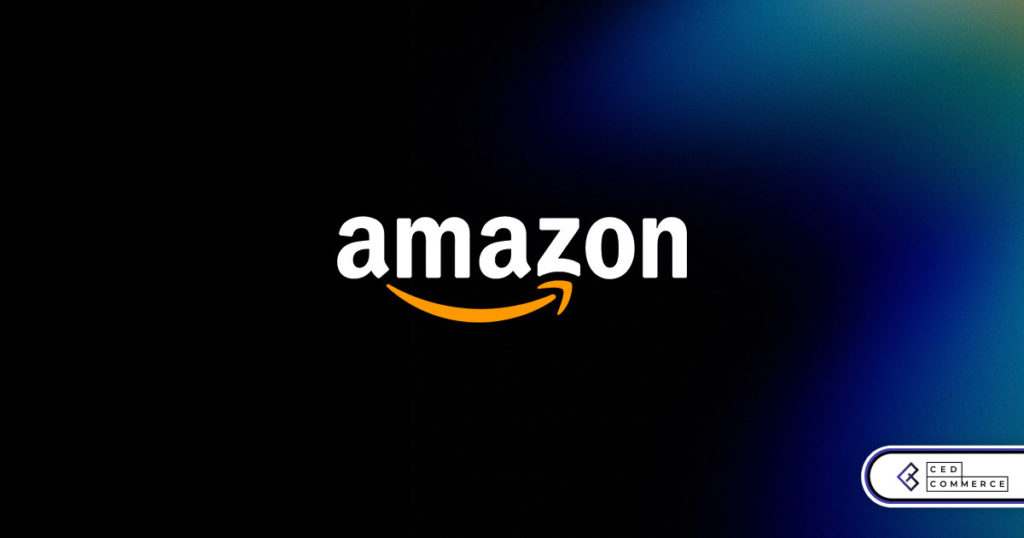
Amazon is doubling down on AI-driven selling tools, introducing a new AI-generated product enrichment pilot
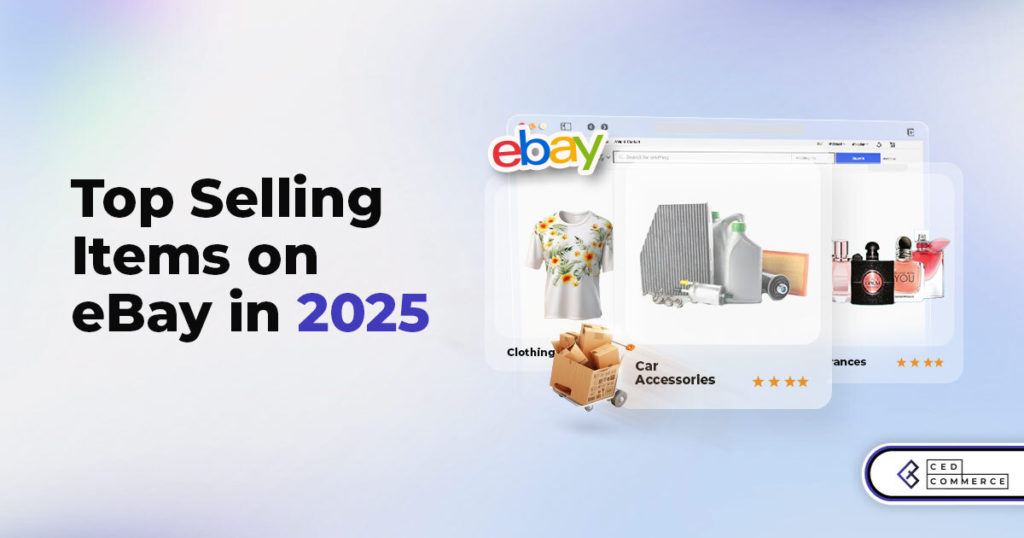
With over 17.6 million sellers on eBay marketplace, cracking the code behind the top selling
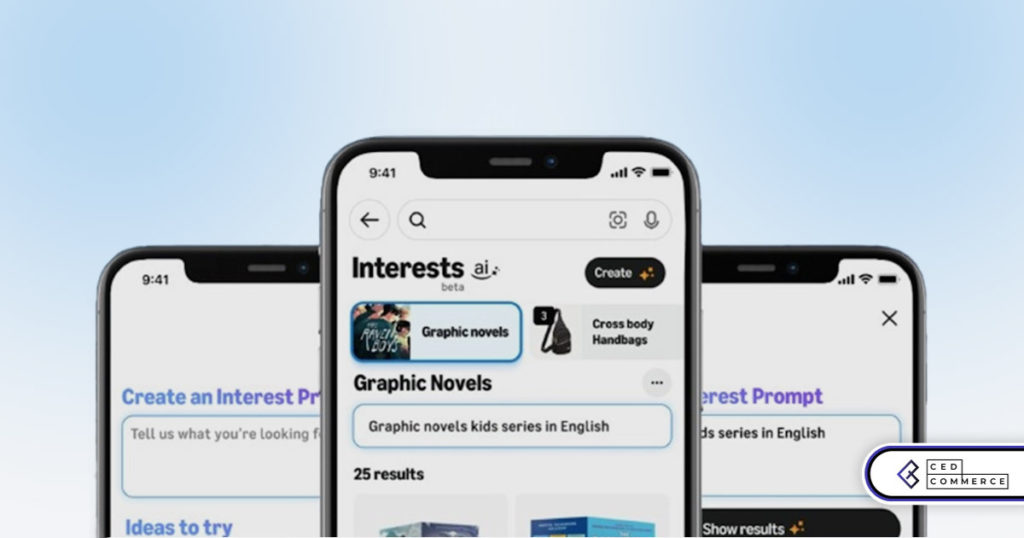
Amazon is doubling down on artificial intelligence, introducing the AI-powered ‘Interests’ feature that automatically finds

U.S. President Donald Trump has hinted that a TikTok deal is on track before the
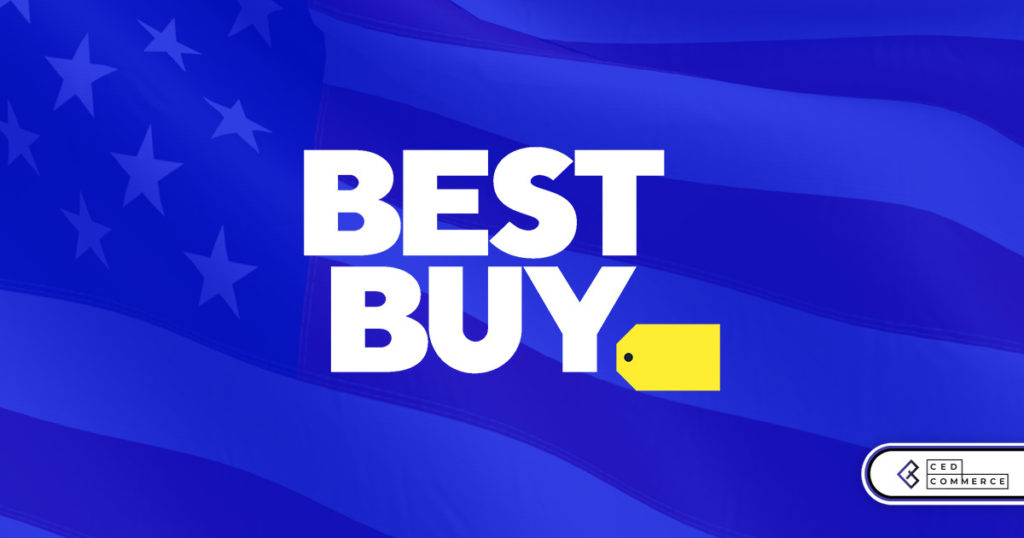
Nearly a decade after closing post its first attempt, Best Buy is returning to the
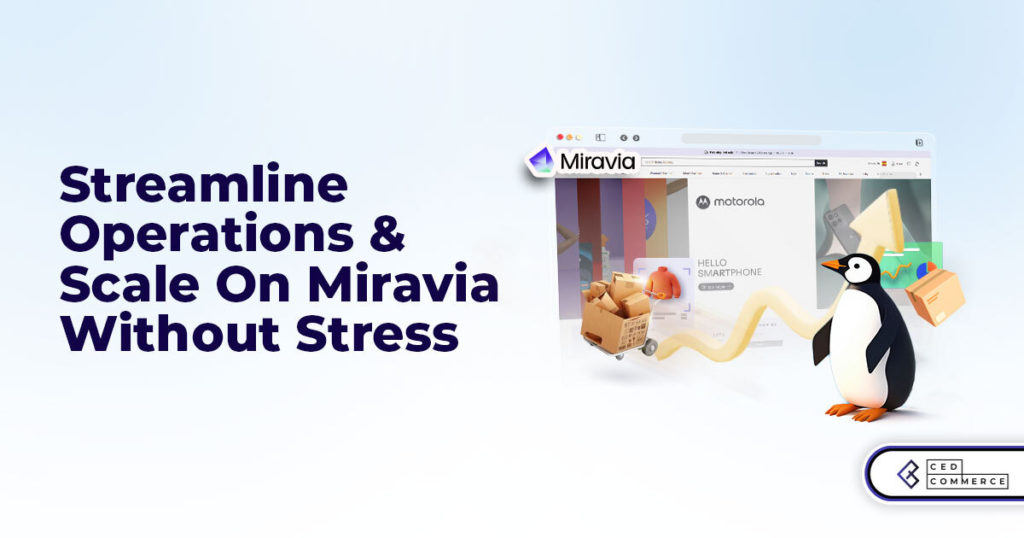
PrestaShop has long been a leading name in European eCommerce. With its flexibility, user-friendly interface,
I have to say thank you to the author for publishing this blog because this comparison is best for those who are new in the tech field they can easily understand. One of my friends suggested that I hire a developer from Moon Technolabs for better and professional application development.
Hi Alicia,
I am glad you found the article awesome. Your thoughts encourages us to come up with more similar posts.
Please let us know what would you like to know about next.
Have a great day!
Leave a Reply